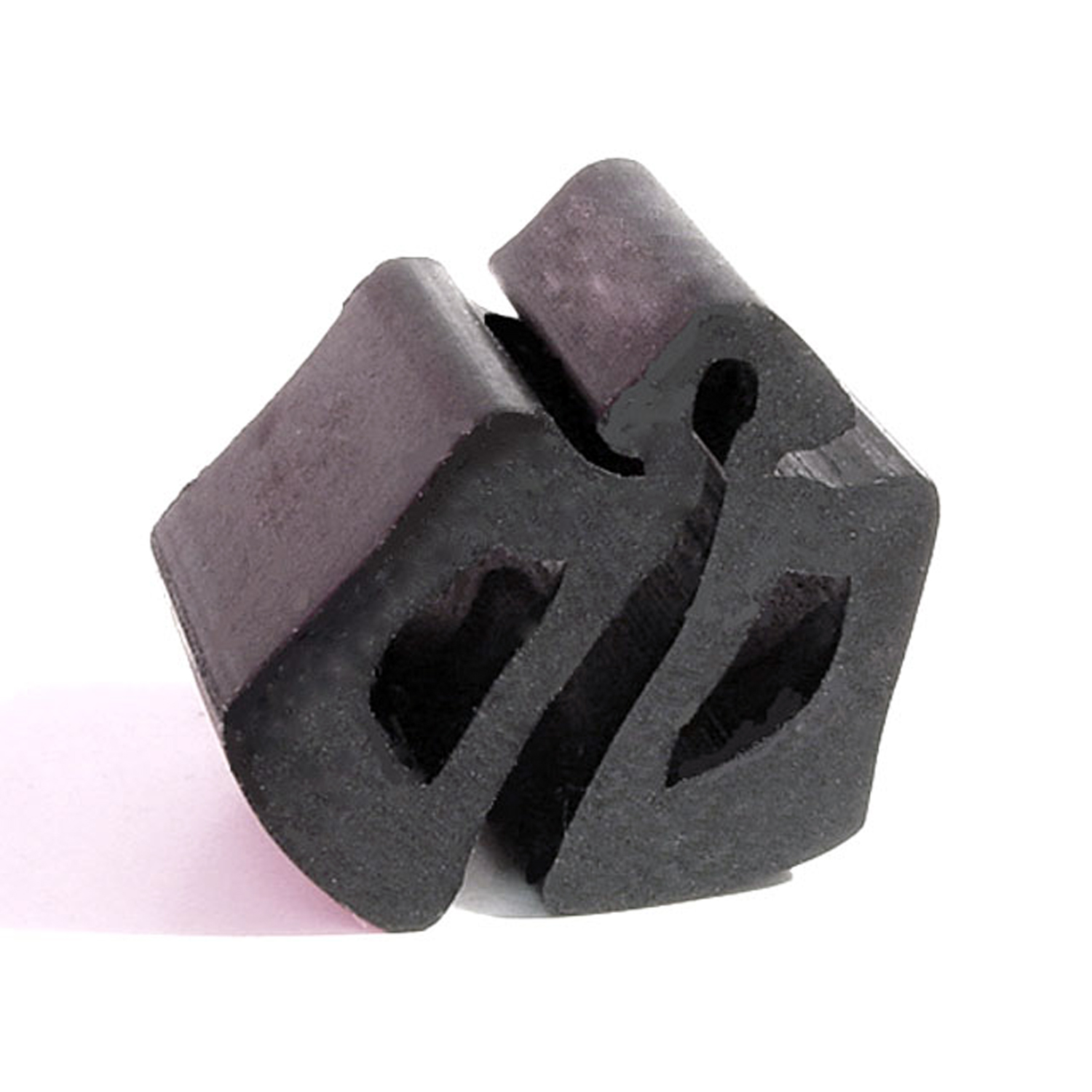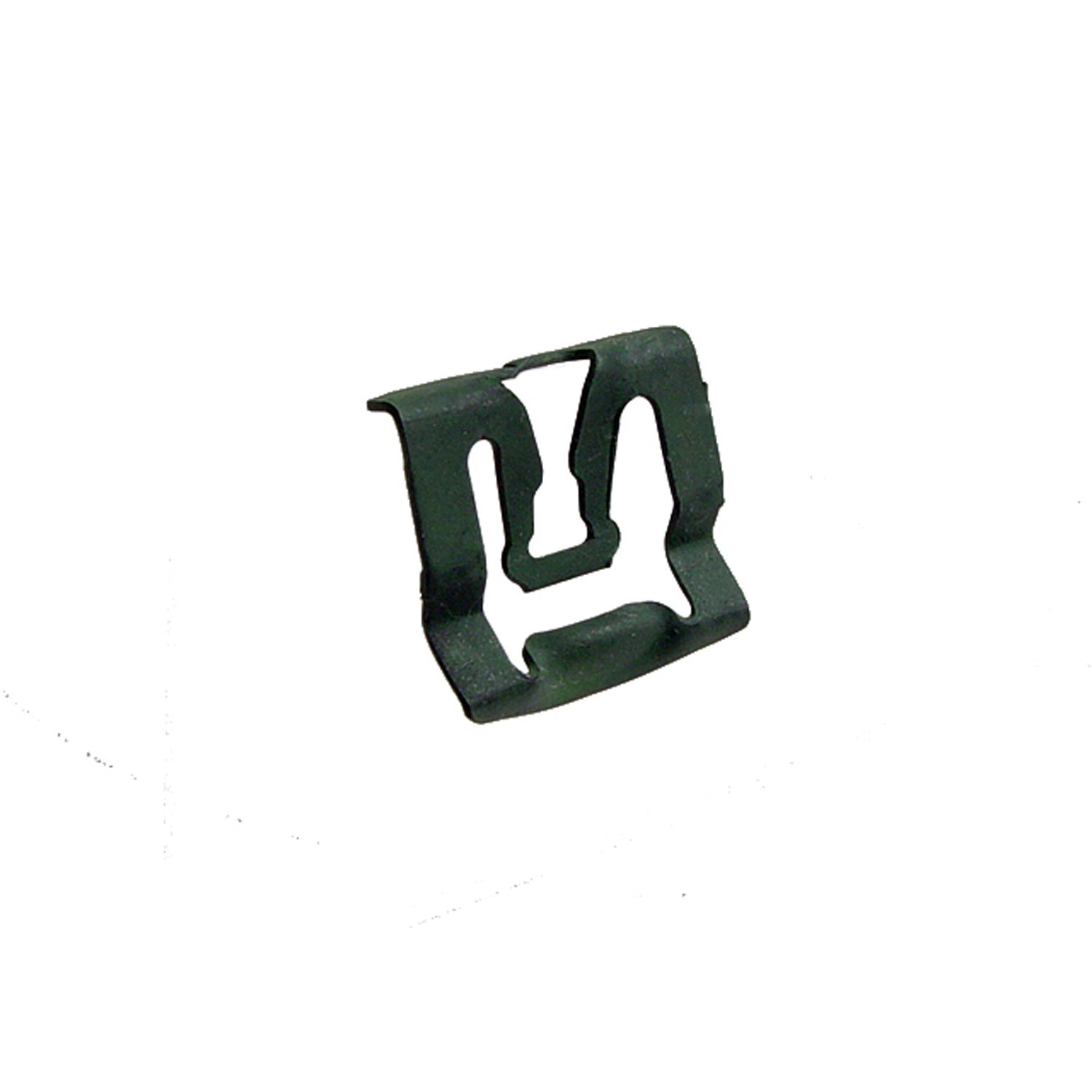Image of 1974 Mercury Comet, Note: These illustrations use artistic license and may differ from actual historical models.
Performance Metrics
Fundamental Metrics
Emotional Appeal
MMP Rating
| Engine Specifications | |
|---|---|
| Engine: | 200 CID I6, 250 CID I6, 302 CID V8 |
| Displacement: | 200-302 cubic inches |
| Horsepower: | 84-138 hp |
| Torque: | 150-239 lb-ft |
| Compression Ratio: | 8.0:1 - 8.4:1 |
| Ignition System: | Conventional breaker point ignition system |
| Cooling System: | Liquid-cooled |
| Performance Specifications | |
| 0-60 Time: | Estimated 10-12 seconds |
| 1/4 Mile Time: | Estimated 17-19 seconds |
| Top Speed: | 100-110 mph |
| Transmission and Drive | |
| Drive Type: | Rear-wheel drive |
| Transmission Type: | 3-speed manual, 3-speed automatic |
| Fuel and Efficiency | |
| Fuel System Type: | Carburetor |
| MPG: | Estimated 15-20 mpg |
| Dimensions and Brakes | |
| Brakes: | Front disc and rear drum brakes |
| Wheelbase: | 109.9 inches |
| Weight: | 2,900-3,200 lbs |
Note: Specifications for classic cars are given to the best of our ability, considering the limited and variant data available.
1974 Mercury Comet: A Forgotten Gem of the Malaise Era
The 1974 Mercury Comet emerges from the shadows of automotive history, not as a mere relic, but as a testament to the resilience of American car design during a tumultuous era. Born from the stable of Mercury, a division of Ford Motor Company, this compact car was an offspring of the Maverick and shared much of its underpinnings with its Ford cousin. In an age where the oil crisis and emissions regulations were reshaping the industry, the Comet offered a blend of practicality and modest flair. A unique fact that might pique your interest: despite its under-the-radar status today, the Comet was a sturdy workhorse that outlasted many competitors of its time.
Design and Innovation
The exterior styling of the 1974 Mercury Comet bore the hallmarks of 70s automotive design - long hood, prominent grille, and a somewhat boxy silhouette. Yet it managed to exude a certain understated elegance. Inside, passengers were greeted with an interior that prioritized function over luxury, yet didn't skimp on comfort. The quality of materials was typical for the era; durable but not particularly lavish. Technologically, it boasted features like optional power steering and brakes which, while common now, were valued conveniences back then. Color options for the Comet ranged from earthy tones to more vibrant hues, with popular choices including "Bright Red" and "Medium Blue Metallic." Body styles varied from two-door sedans to four-door versions and even station wagons. However, it was the two-door models that often caught the eye of enthusiasts looking for a sportier aesthetic.
Historical Significance
The 1974 Mercury Comet stood out for its ability to adapt. As American consumers faced new realities, this vehicle offered a downsized option without completely abandoning performance or style. Its impact on automotive design may not have been revolutionary, but it provided a blueprint for creating practical vehicles in an increasingly regulated market. The Comet's legacy is one of endurance; it's a symbol of an industry in transition.
Performance and Handling
Performance-wise, the '74 Comet was no muscle car, but it wasn't exactly sluggish either. With engine options ranging up to a 302 V8, top speeds were respectable for the time. Acceleration from 0-60 mph could be achieved in a leisurely but steady manner. Handling was typical for a car of its class and era; it managed bumps adequately and held its own on windy roads. Driving a Comet was about cruising rather than racing; the engine's hum was more soothing than exhilarating. The ride felt solid—a characteristic reassuring to drivers who valued reliability over thrill.
Ownership Experience
The Mercury Comet served well as a daily driver and occasionally as a show car when preserved in excellent condition. Its straightforward mechanics made it relatively easy to maintain and repair, which endeared it to owners who appreciated simplicity and cost-effectiveness.
Fun Facts
A few fun tidbits: While not known for breaking speed records or dominating sales charts, certain Comets have found their way into celebrity garages. And though criticisms often pointed to its lackluster performance compared to muscle cars of yore, its durability has made it something of a dark horse among classic car enthusiasts.
Collector's Information
Today's collector might find a 1974 Mercury Comet fetching anywhere from $5,000 for models in decent shape to upwards of $20,000 or more for pristine examples or performance-oriented GT versions. While exact production numbers are hard to pin down, Comets are less common on the market than some contemporaries—adding to their appeal for collectors looking for something less mainstream. Price trends suggest that while Comets aren't skyrocketing in value like some vintage vehicles, they're holding steady and even appreciating modestly as interest in 70s-era cars grows.
Conclusion
In summing up the 1974 Mercury Comet, we're reminded that not all heroes wear capes—some come with steel bumpers and bench seats. This car may not be at the forefront of classic car shows or featured prominently in movies; however, its blend of practicality with just enough pizzazz ensures that it remains appreciated by those who know its worth—a hidden jewel in the crown of automotive history.
1974 Mercury Comet Catalog of Parts
 1974 Mercury Comet Hood Bumper. Each-HF 2Hood Bumper. Each
1974 Mercury Comet Hood Bumper. Each-HF 2Hood Bumper. Each 1974 Mercury Comet Windshield Reveal Molding Clip. Made of steel. Each-WF 228-AWindshield Reveal Molding Clip. Made of steel. Each
1974 Mercury Comet Windshield Reveal Molding Clip. Made of steel. Each-WF 228-AWindshield Reveal Molding Clip. Made of steel. EachWhy Choose Metro?
For over 100 years, Metro Moulded Parts has been the pinnacle of quality in classic car restoration parts. Our commitment to precision and authenticity in every component ensures a perfect fit and an OEM-level appearance.
- Expert Craftsmanship & Quality: Each part is a testament to our dedication to reliability and perfection, crafted from original designs and thoroughly tested.
- Advanced Technology: We use cutting-edge techniques to create flawless, long-lasting parts that surpass others in performance.
- SuperSoft Sponge – The Ultimate Door Seal: Not only are our door seals 30% softer than competitors', but they're also guaranteed to never leak. They effectively reduce wind and road noise, enhancing your classic car's comfort and driving experience.
- Proudly American: Our parts are a product of American craftsmanship, made in the USA with a spirit of excellence and heritage.
- Unrivaled Warranty: We back our products with a 30-year industry-leading warranty, a testament to our confidence in their quality.
Join us in preserving the legacy of classic cars with parts that are crafted for perfection, not just made.

